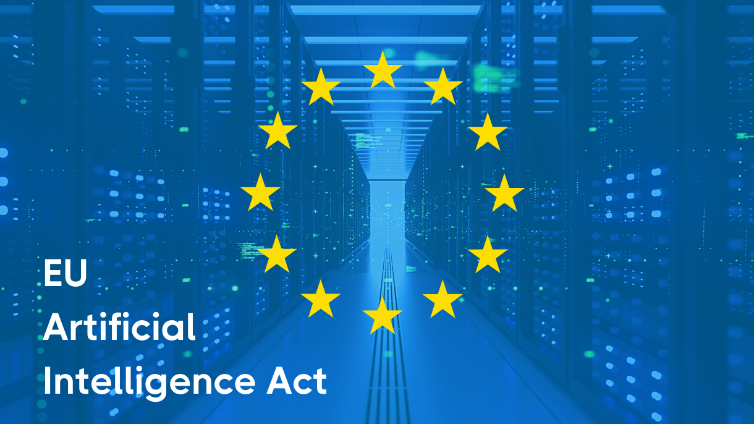Description

Disclaimer: Copyright infringement not intended.
Context
- European Union officials have reached a provisional deal on the world's first comprehensive laws to regulate the use of artificial intelligence.
MUST READ ARTICLE:
European Union’s ambitious Artificial Intelligence Act
https://www.iasgyan.in/daily-current-affairs/european-unions-ambitious-artificial-intelligence-act
AI
- The European Parliament defines AI as software that can "for a given set of human-defined objectives, generate outputs such as content, predictions, recommendations or decisions influencing the environments they interact with".
- ChatGPT and DALL-E are examples of what is called "generative" AI. These programs learn from vast quantities of data, such as online text and images, to generate new content which feels like it has been made by a human.
- So-called "chatbots" - like ChatGPT - can have text conversations. Other AI programs like DALL-E can create images from simple text instructions.

What does the agreement lay down?
- The agreement sets obligations on general-purpose AI systems and foundation models about ensuring technical documentation, copyright law compliance and transparency around content used for training models before their market release.
- Models with systemic risk would also have to take steps to evaluate and mitigate them, conduct adversarial testing, and report serious incidents as well as their energy efficiency to the European Commission.
- The deal further bans cognitive behavioral manipulation, indiscriminate scraping of facial images from the web or from CCTV footage, social scoring, and biometric identification to profile people by their race or sexual orientation, or by their political, religious and philosophical beliefs.
- For governments, the pact limits the use of AI for real-time biometric surveillance to public spaces, for victims of specific crimes, searches for suspects of the most serious crimes, and for prevention of threats such as terrorist attacks.
- The proposals include safeguards on the use of AI within the EU as well as limitations on its adoption by law enforcement agencies.
- Consumers would have the right to launch complaints and fines could be imposed for violations.
What were the contentious issues?
- The two most contentious issues were the regulation of foundation models and the use of AI for biometric surveillance.
- Some of the largest members – France, Germany and Italy – had sought to limit regulation of generative AI models, instead pushing for self-regulation by companies.
- Similarly, governments of member countries were in favour of AI in biometric surveillance where relevant for national security, defence and military uses, according to Reuters. The EU legislators wanted to ban this.
What’s next?
- This deal is provisional. The details for the final deal are to be hammered out in the coming days.
- The European Parliament will vote on the AI Act proposals early next year, but legislation would not take effect until 2025.
Significance
- The EU rules are expected to serve as a blueprint for other countries mulling AI regulation.
- AI Act will also make a substantial contribution to the development of global guardrails for trustworthy AI.
- The AI Act would help the development of technology that does not threaten people's safety and rights.
- The agreement focuses regulation on identifiable risks, provides legal certainty and opens the way for innovation in trustworthy
- By guaranteeing the safety and fundamental rights of people and businesses, the Act will support the human-centric, transparent and responsible development, deployment and take-up of AI in the EU.

READ:
Basics of AI:
https://www.iasgyan.in/blogs/basics-of-artificial-intelligence
AI-REGULATION-ACROSS-THE-WORLD
https://www.iasgyan.in/daily-current-affairs/ai-regulation-across-the-world
DIGITAL INDIA ACT:
https://www.iasgyan.in/daily-current-affairs/digital-india-act-11
***AI IN AGRICULTURE:
https://www.iasgyan.in/blogs/artificial-intelligence-in-agriculture
ETHICS OF AUTOMATIVE ADMINISTRATIVE STATE:
https://www.iasgyan.in/blogs/the-ethics-of-automated-administrative-state
Global Partnership on Artificial Intelligence:
https://www.iasgyan.in/daily-current-affairs/global-partnership-on-artificial-intelligence
|
PRACTICE QUESTION
Q. EU's AI Act will also make a substantial contribution to the development of global guardrails for trustworthy AI. Do you agree?
|












